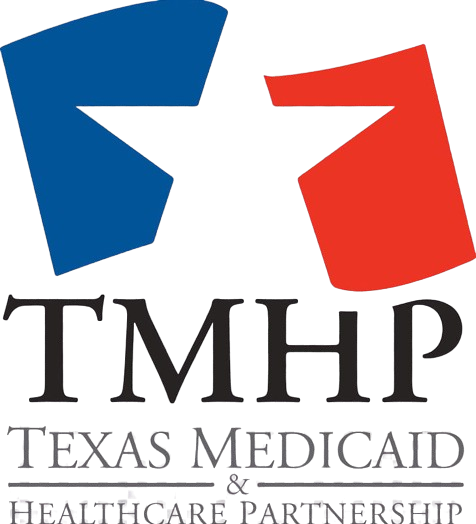Applied Behavior Analysis (ABA) is the leading approach to improving the developmental deficiencies associated with autism. ABA therapy is likely able to improve the quality of life of your child and help them reach their full potential. Endorsed by the U.S. Surgeon General, ABA therapy focuses on human behavior and is able to increase desirable behavior and minimize unwanted behaviors.
ABA therapy will address the developmental needs identified during an initial assessment of your child’s abilities across language, social and behavioral domains. An individualized teaching plan will be created to target any area of need, but common goals include learning to ask for help, learning to follow classroom instructions, and how to use language across a variety of settings.
Other important target areas of ABA include social skills, play skills, potty training, self-care skills (brushing teeth, washing hands, etc.), and day-to-day living skills (independently getting dressed, following safety instructions, etc.).
Briht Therapy Services utilizes evidence-based methods within the scope of behavior analysis provided by Board Certified Behavior Analysts. We also collaborate with other disciplines including psychology, speech and language therapy and occupational therapy.
Bright Therapy strives to create an engaging environment for learning, for this we use several ABA procedures:
- Antecedent Manipulations
- Antecedent-based interventions.
- Behavior Momentum (High-P).
- Differential Reinforcement of Alternative Behavior (DRA).
- Differential Reinforcement of Incompatible Behavior (DRI).
- Differential Reinforcement of Other Behavior (DRO).
- Discrete Trial Training (DTT).
- Errorless Teaching.
- Escape Extinction.
- Escape Independent Response Delivery.
- Fucnional Communication Training (FCT).
- Noncontingent Reinforcement (NCR).
- Planned Ignoring.
- Premack Principle.
- Provide Choices.
- Redirection.
- Response Blocking.
- Shaping.
- Token Economy.
- Naturalistic Teaching.
The ABA method contemplates the teaching of several important areas for the development of the child and focuses on teaching and enhancing basic skills so that the child can function with a greater degree of autonomy in their daily lives. Among these fundamental skills to work we find:
- Academic Skills.
- Drawing and Writing.
- Interpersonal Skills.
- Cognitive Skills.
- Eating Habits.
- Impulse Control.
- Language and Communication.
- Adaptive Play.
- Dress.
- Housework.
- Fine and Gross Motor Skills.
Does ABA therapy work for Autism?
The answer is Yes. Every child is different, and some children may show more significant gains than others. There are hundreds of studies supporting the efficacy of ABA therapy.
When is the best time for my child to begin ABA therapy?
Every moment counts hwen a child is diagnosed with autism. Early intervention for autism refers to a set of treatments and therapies that are provided to autistic children at a young age. This means that diagnosing a child at a young age can result in a child receiving the proper treatment as early as possible.
How are Parents Involved?
Families and guardians are an essential part of any ABA therapy program and need to be active in the treatment process.
If you have any questions contact us.
We are here to help you, visit us here.

